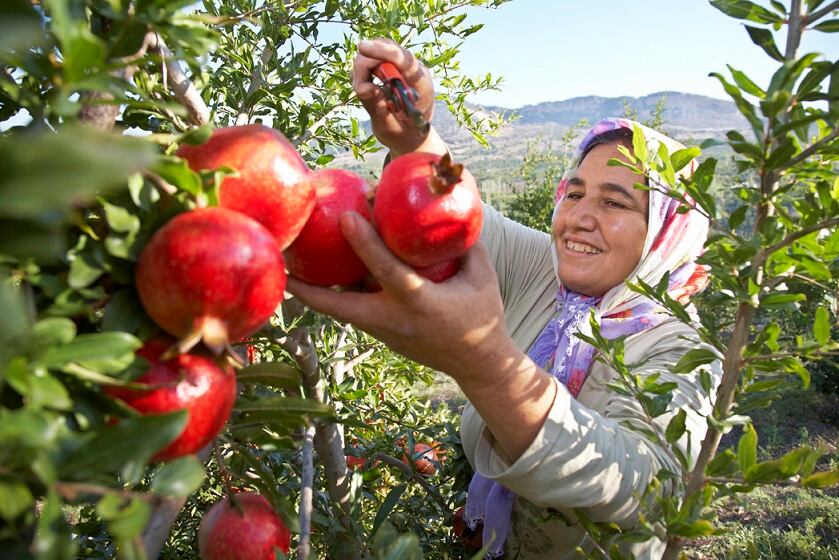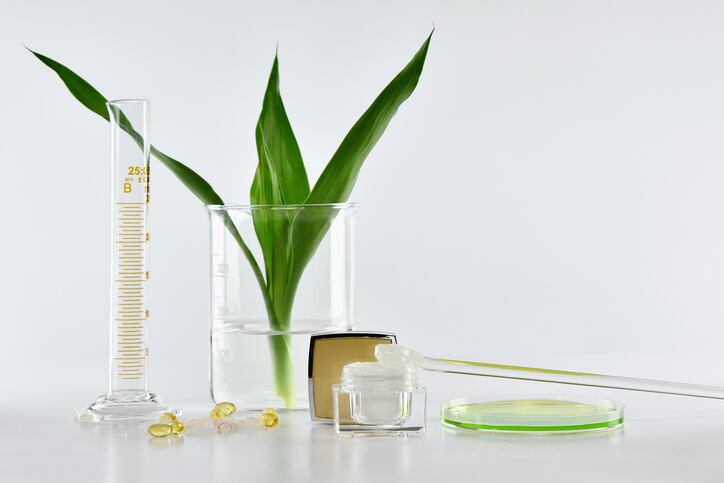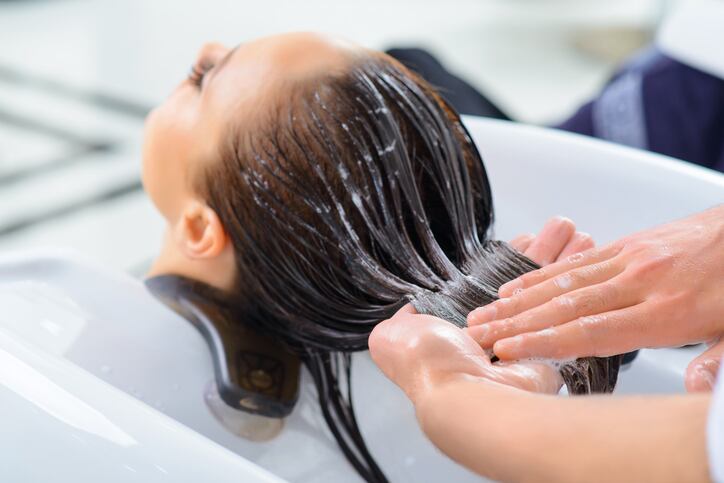
Sterland recently won the no.1 position in the new Who’s Who in Natural Beauty rankings, published in the autumn issue of Natural Beauty News.
Here, she discusses the stronger calls for transparency across the supply chain we are seeing from consumers and regulators alike, and how the industry can respond.
“50 shades of Green”
Research tells us consumers are demanding more natural ingredients in beauty products.
We know this to be true as the little growth we have seen in the beauty industry over the past few years has been within the natural and organic sector.
Increasingly conscious consumers feel they can make a difference by investing in products of natural origin – and supplying this demand is a way for companies to grow their brand share and increase their profits.
But unlike the food industry, natural beauty lacks a legal definition when it comes to ingredients claims.
As beauty brand owners we can incorporate the term ‘organic’ into our brand name, claim organic status when our product has had only the whiff of one sole certified ingredient amongst the twenty it contains. and use beautiful images of plants and flowers to give the appearance of ‘natural’ when in reality ingredients are made from petrochemicals.
Many ‘pseudo-natural’ brands are now doing exactly this with impunity and we call it ‘green-washing’ – some even adopting pseudo-credentials to appear greener to the consumer than they really are.
Sadly, this also appears to be true for a company’s social and environmental practices.
A 2017 Euromonitor International Global Consumer Trends Survey revealed 65% of global consumers try to have a positive impact on the environment through their everyday actions.
As consumers we want our products to be both ‘good for me and good for the planet too’ - not surprisingly, this desire drives the demand for ethical, sustainable beauty which in turn drives further ‘green-washing’. After all, how can a company claim to be truly 100% sustainable?
I call this the ‘fifty shades of green’ discussion – to quote a personal hero of mine - the sustainability pioneer Yvon Chouinard, founder of Patagonia, “it is simply a question of doing the least damage to the planet.”
In the interest of the planet: actively give back
The truth is, that unless our activity works in the interest of the planet by giving back more than we take, we become part of the problem itself and 100% sustainability is almost impossible to achieve as one decision, such as switching from ‘bad’ plastic packaging to ‘good’ glass impacts another – such as creating a higher carbon footprint.
If you cannot do good then at least do no harm or if you do, do it consciously and mitigate your actions through transparent, honest conversations with consumers and acting responsibly over the long-term.
At Weleda we view our actions through their contributions to economic viability, environmental protection and social responsibility, or put another way we have a triple bottom line of people, planet, profit.

This isn’t an easy balance to achieve as there is always a degree of compromise, but we recognise we are on a journey.
We mark our progress through our annual Sustainability Report*, aligning our targets with the United Nations Sustainable Development Goals to enhance transparency and traceability as well as safeguarding nature and the needs of our cultivation partners.
Union for Ethical BioTrade: new sign of commitment
Recently, a stamp of approval has been created which will verify a company’s commitments to sourcing sustainably through the Union for Ethical BioTrade (UEBT), a non-profit global organisation that began as a United Nations initiative and maintains strong partnerships with the Convention on Biological Diversity and the UNCTAD BioTrade Initiative.
The UEBT label for “SOURCING WITH RESPECT” certifies that biodiversity is being protected during the cultivation, harvesting and further processing of the natural ingredients we use. It also shows commitment to paying everyone within the supply chain fair wages and treating them with respect.
Weleda has been a trading member of UEBT since 2011, and this year we became Europe’s first beauty brand – and one of only two worldwide – to achieve the new UEBT ESS (Ethical Sourcing System) certification for sourcing with respect.
This is big news: around 81% (over 2,000 tonnes) of all the plant ingredients used at Weleda are organic, sourced through many long-term joint projects and partnerships globally and making us one of the world’s largest producers of organic and biodynamic plant-based ingredients.
If all cosmetics companies opened themselves up to the scrutiny of the UEBT – and operated according to its standard – it would quite literally change our industry and ultimately the world.
(*for further information see Weleda 2017 Annual Sustainability Report at www.weleda.com)




